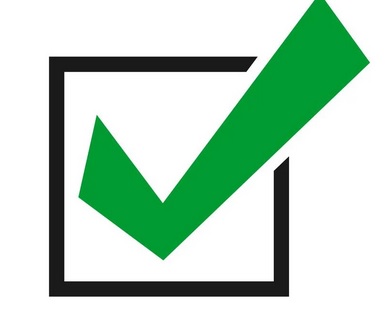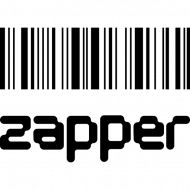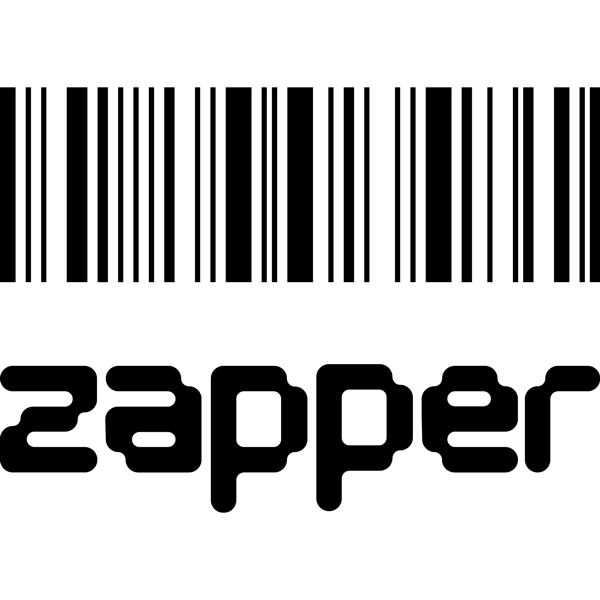Recycling is no new concept. We’re all accustomed to popping an empty cola can in our recycling bin or taking old clothes to the charity shop – whether big or small, it’s something most of us are more than familiar with. Even so, it’s not always crystal clear what exactly recycling entails. You might be left wondering what can and can’t be recycled or what our stuff actually turns into at the end of the day. These uncertainties often lead to recycling blunders: you could end up throwing away everything sans the kitchen sink or simply not bothering at all. In this blog, we’re stripping recycling right back to its basics, so we can all sharpen up our knowledge and give our habits a well-needed polish.
What actually is recycling?
This might seem like an obvious question. We chuck an item into the recycling bin, someone waves a magic wand, and it transforms into a pen, or a plastic bottle, or a t-shirt… right? Well, not exactly.
Essentially, recycling involves taking rubbish and breaking it down into its basic building blocks, so it can be reformed and turned into something new. So, if a glass bottle comes to a recycling centre, it will be melted down and moulded into a new glass product. Recycling isn’t always as simple as that, and it takes a lot of time, money, and energy – unfortunately there’s no magic wands involved.

If in doubt, leave it out
Speaking of mindlessly throwing everything into the recycling bin – it’s not the wisest of ideas. Hoping for the best when recycling is called wishcycling – and can do much more harm than good.
When one item that’s non-recyclable is put in with a bunch of recyclables, it can contaminate the whole batch, risking all of it being thrown away to landfills. More seriously, non-recyclables can even cause equipment to jam or break, which can be dangerous to employees and rather costly to recycling centres. It’s always best to err on the side of caution – if in doubt, leave it out.
What can be recycled?
GlassPretty much always. Glass can be reused an infinite number of times. |
 |
Cardboard/paperEasily recycled, as long as it’s clean and empty. Paper cannot be separated from other substances – so check with your local recycling if things like greasy pizza boxes are accepted. |
 |
MetalMore or less always recyclable – aluminium and tin cans being the most common, everyday types. |
 |
PET plastic (number 1)PET (number 1 – this number is usually on the bottom of the item). This type of plastic is pretty much always recyclable, as it’s often clear and rigid, which makes it perfect for recycling. PET usually what water and soft drinks bottles are made from. |
 |
HDPE plastic (number 2)This type of plastic is commonly recycled, and is often what shampoo bottles, milk jugs and spray bottles are made from. |
 |
LDPE plastic (number 4)Sometimes recyclable, so check with your local authority first. This is things like plastic shopping bags and clingfilm. A lot of these items will need to be taken to a supermarket recycling spot. |
 |
PP plasticYoghurt pots, Tupperware and even luggage is commonly made from this kind of plastic. It’s recyclable, but it’s always best to check the item first. |
 |
What can’t be recycled?
Polystyrene (plastic number 6)Unfortunately, polystyrene is pretty much never recyclable, so it’s a good idea to start reducing how much polystyrene you ‘consume’ – takeaway coffees and food are the main polystyrene culprits. |
 |
Number 7 plasticsThis encompasses a lot of miscellaneous plastics, so things like bioplastics, composite crisp packets and plastic-coated wrapping paper. Still, even with this type, it’s worth double checking first. |

|
Furniture and clothingUsually cannot be recycled from home. This doesn’t mean they can’t be at certain refuse centres, though. Not to mention there are other ways to recycle this type of item – through charity shops, online marketplaces, passing on to a friend, etc. |
 |
If you often find yourself unsure about whether certain items can be recycled, the www.recyclenow.com page will become your new best friend. It quickly and plainly tells you whether something can be recycled in your area, and what to do with it if it can’t.
What could my recycling turn into?
It can be easy to lose sight of what exactly we’re doing all this for. We know recycling is good, we know it helps the environment, but what does it make? How do we benefit from it in real terms?
- Glass: More glass bottles! Kitchen worktops, tiles, and bricks.
- Metal: Car parts, airplane wings, more metal cans.
- PET Plastics: Cleaning products, packaging for food, polyester for clothing and carpets.
- HDPE Plastics: Sturdier plastic items like patio furniture, benches, and recycling bins.
- Paper/cardboard: Packaging, newspapers, magazines, tissues, books.

Top tips for improving your recycling habits
1. Never bag your recycling
A rookie error. Never bag your recycling up – just put it straight into your recycling bin. It doesn’t need any extra packaging like your general food waste does.
Grocery bags and flimsy food packaging in general can be incredibly harmful when thrown in with your curbside recycling. Whilst technically recyclable, they need to be taken to a supermarket so they can be recycled with plastics of a similar type, as they’re notorious for getting caught in recycling machinery. Do the poke test – if you can push your finger through it, you either need to take it to a local supermarket, or throw it away (of course, the former is preferable!)
1. Make sure it’s clean, dry, and squashed (if possible!)
Items in this condition are the best candidates for recycling. Once you’ve checked it can be recycled, giving it a quick rinse (or a more thorough clean if necessary) before popping it in your recycling bin can greatly improve its chances of another life.
2. Stop wishcycling
Whilst we all wish every bit of plastic, paper and fabric we use were recyclable, the sad reality is, a lot of it isn’t. Simply wanting something to be recyclable doesn’t make it so – harsh, but true! Get into the habit of checking the things you’re unsure about and, if an item you purchase regularly isn’t recyclable, why not make the switch to an alternative that is?

Start recycling your unused goods at Zapper today
One way of recycling effectively is by reusing. Reusing prevents perfectly fine goods from a landfill-filled future and eliminates all the time and energy needed to recycle. If you have some old books, CDs or games lying around – now is a better time than ever to have a good clear out. Once you’re done, check with our online valuator how much you could earn by selling them at Zapper – you may be sitting on a pretty penny or two. Happy recycling!

















